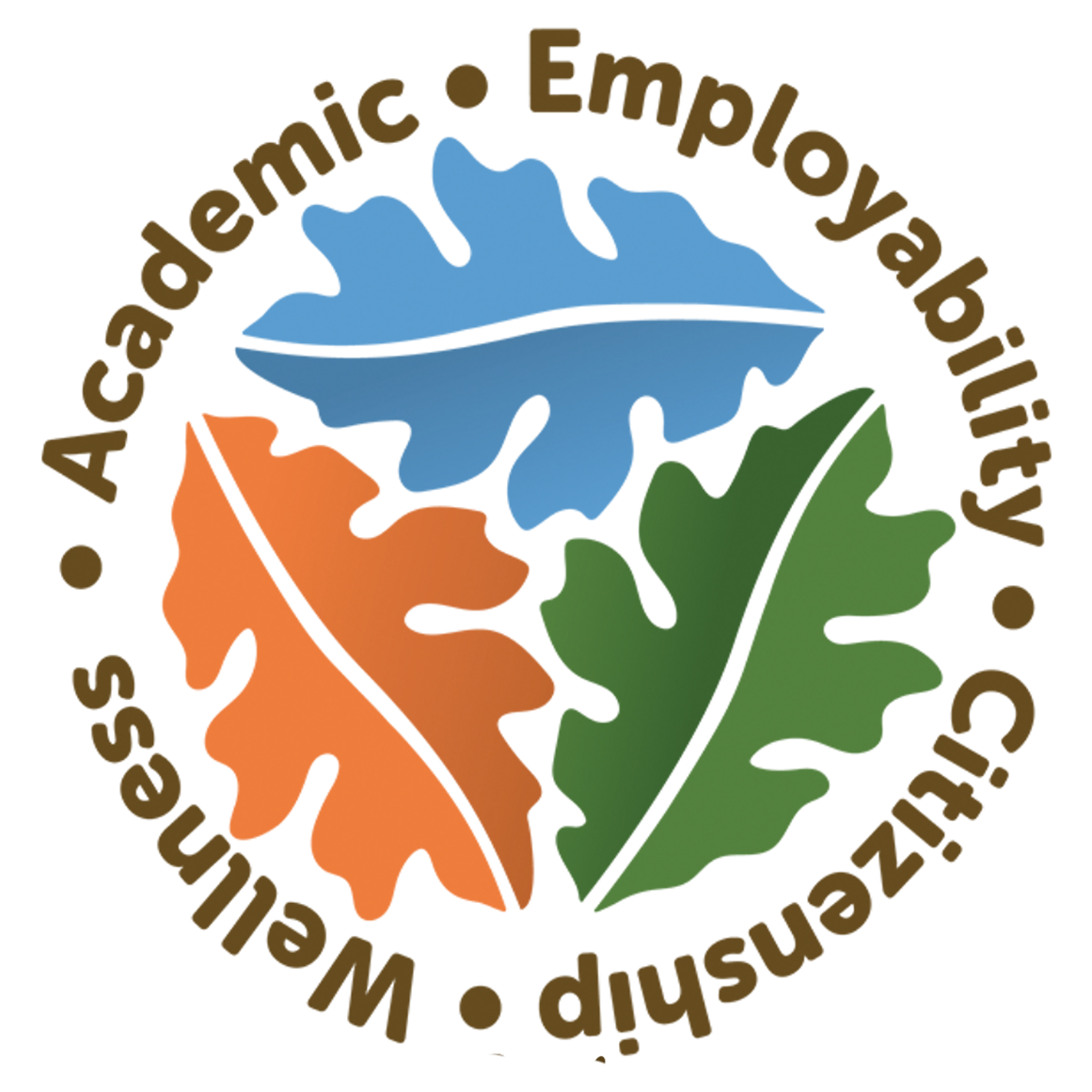Learning Norms
Be Respectful, Be Safe, Be Honest, Be A Learner
Norris is committed to creating and sustaining a learning environment built upon positive, safe, and respectful relationships. A respectful, safe learning environment supports every learner to reach their fullest potential. At Norris, adhering to four guiding principles fosters an environment where learners are respected and safe. These principles guide learners in developing practices that will create an engaging learning environment and carry them into the future. Learning communities at Norris discuss these principles and identify the practices and expectations for their own community. No list is considered inclusive of Respectful, Safe, Honest, and Learning practices, but these simple examples guide practices for learners to strive.
Be Respectful
Being respectful at Norris Academy is having the thoughtfulness and caring of others within your communities and care and maintenance of your surroundings. Examples of being respectful include:
Listen carefully to the message being communicated before responding with consideration of others feelings.
Take care of the community environment, cleaning up, and striving to leave the area cleaner and more organized than when arriving.
Show self-control and restraint under challenging situations, take personal responsibility and demonstrate self-esteem and resilience by rebounding quickly from setbacks.
Seek positive influences and accept support from others.
Demonstrate leadership, ethical behavior, and civic responsiblity by modeling fundamental values, attitudes, and actions that are consistent with the values of our community.
Be Safe
Being a safe learner at Norris Academy is the first to recognize and utilize your self-regulation strategies to assist in the well-being of self, your community, and those within. Examples of being safe include:
Be aware of personal space and respect the personal space of others.
Be socially aware and demonstrate respect for others.
Engage in self-reflection of my zone of engagment and utilize approporate self-regulation strategies.
Collaborate well with others and contribute to productive working environments.
Be Honest
Honesty at Norris Academy having the ability to know your expectations, capabilities, areas of improvement, and your personal needs. Examples of Honesty include:
Admit when a mistake is made and take accountability for these actions.
Speak my truth with courage.
Seek support when needed to overcome barriers.
Have agency and self-efficacy to make choices that meet personal needs.
Demonstrate digital citizenship when accessing and navigating digital learning tools.
Be A Learner
As a learner at Norris Academy, you will develop the skills and dispositions to acquire knowledge and pursue your passions and future aspirations. You will create a Learner Profile that builds an understanding of yourself and reflects who you are and who you might become. You will be asked to invest in your learning by co-designing learning experiences that will be a part of your plan and pathway. You will understand your learning preferences and strategies for engagement, regulation, and advocacy. Examples of being a Learner include:
Use critical thinking, creativity, and innovation to find solutions to challenges.
Communicate effectively and receive feedback for personal growth.
Engage in study skills and methods of learning that are productive and lead to personal growth.
Show initiative and motivation to follow through on responsibilities and pursue goals that lead to future aspirations.
Understand my plan and steps in the pathway to explain them to others and identify the next steps.
Prioritize, create and follow an agenda without prompting.
Norm Circles
Circles are used for discussion, problem solving and/or decision making around community norms.
During a Norm circle the group to develops, discusses and/or reinforces the norms by which the community agrees to abide by for sucessful learning engagement. A norm circle may be held to celebrate and acknoledge learning engagment or to address a pattern or trend within the community.
Restorative Circles provide a tool for learners to maintain their learning network by building community and repairing ruptured relationships when the norms have not been upheld. Through this process learners can advocate for their needs in a healthy way.
